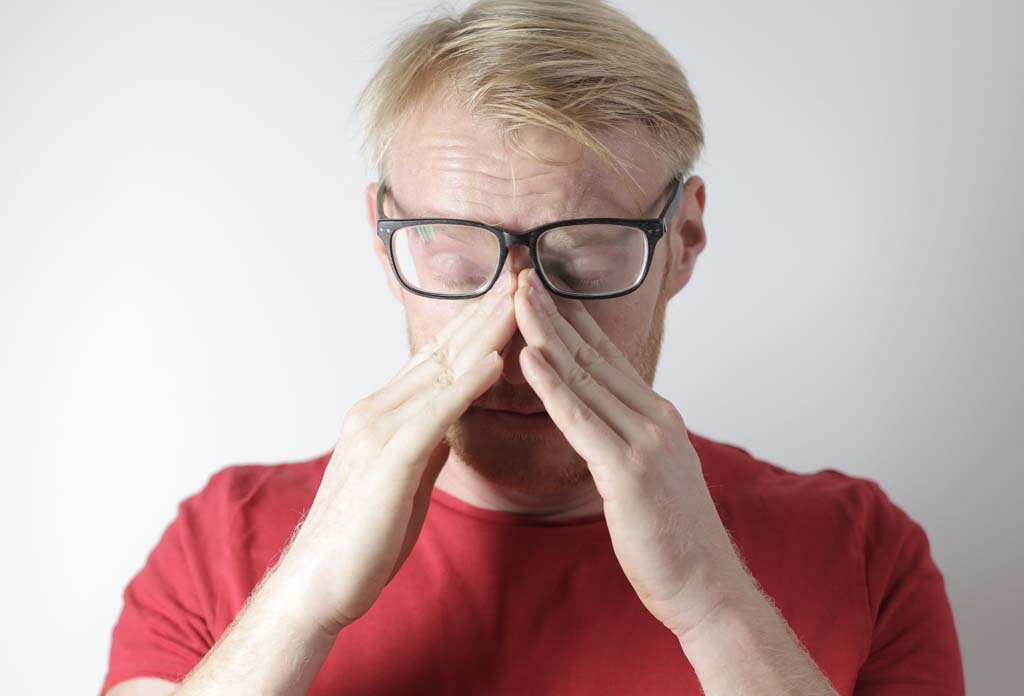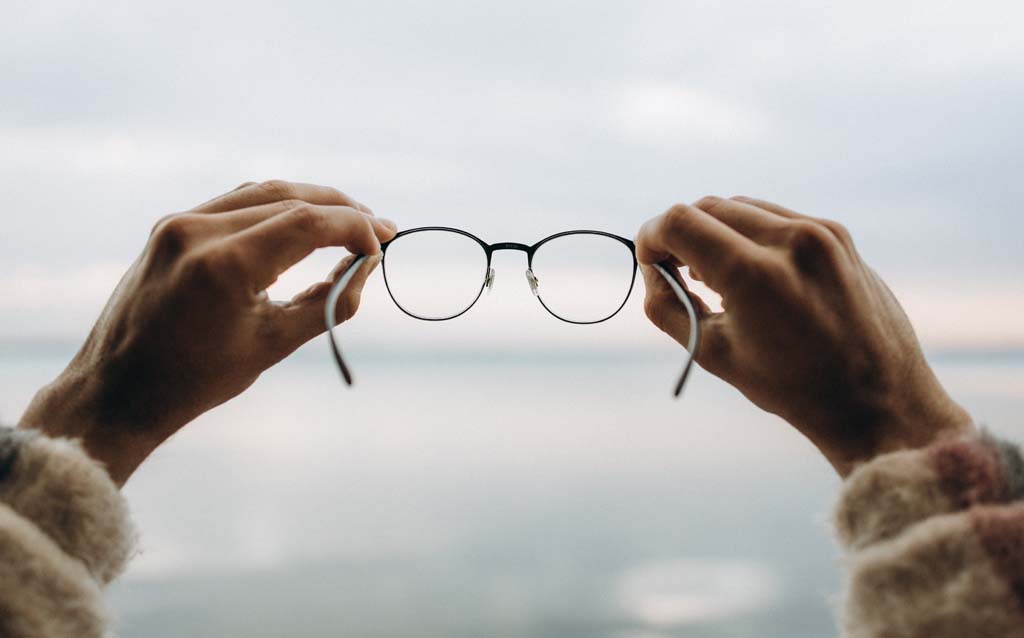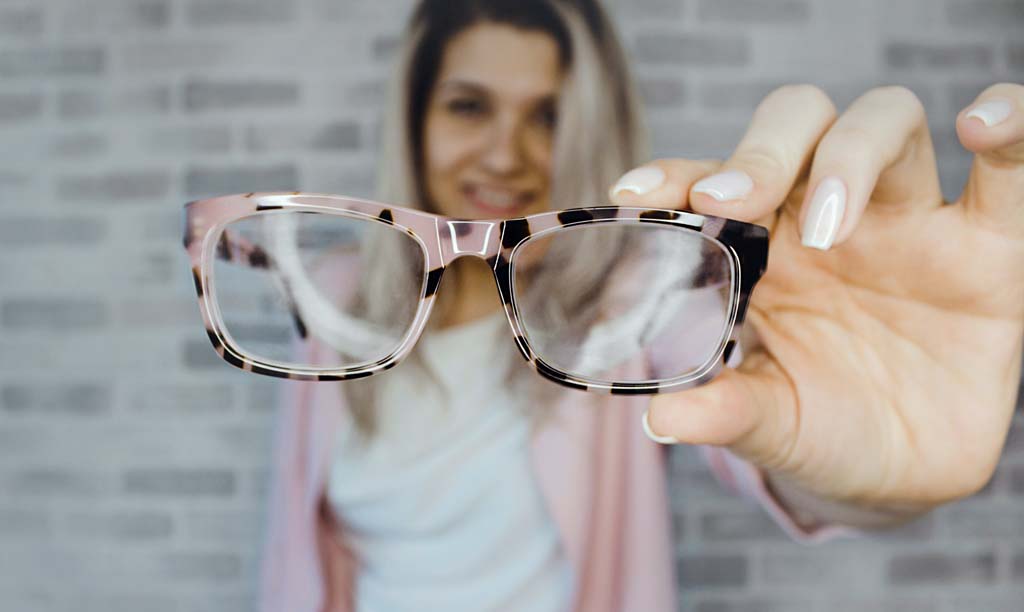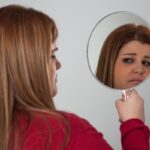Understanding the Surprising Links Between Eye Health and Mental Health

Self-esteem significantly influences numerous aspects of life, as highlighted in our earlier discussion. We explored how our self-identity and confidence levels impact areas such as career, personal relationships, and mental health. A low sense of self-worth can lead individuals to experience feelings of despair and defeat, prompting rash decisions and negative outcomes in daily life.
Furthermore, psychologists often link low self-esteem to a variety of psychological issues, aside from those with biological origins. This suggests a complex interplay within human health, where connections between seemingly disparate elements reveal unexpected dependencies. In examining the relationship between eye health and mental well-being, it becomes clear that self-esteem is a critical factor. This exploration echoes themes previously addressed in our analysis of overcoming feelings of inferiority.
The link between eye and mental health
Good eyesight can be crucial for effective communication and social interaction. Thus, it’s easy for vision problems or discomfort to lead to frustration, stress, or even feelings of isolation, hindering interpersonal relationships. A 2020 study in BMC Psychiatry confirmed that the link between visual acuity and depression was mediated by self-esteem (25%) and a sense of mastery (79%), as people with deteriorating eyesight are forced to rely on others. These individuals experience limitations in activities of daily living, impacting their overall quality of life, and simultaneously face negative public attitudes towards visual disability. For more on the subject of mental health and its relation to our daily activities, read how to help a person with trust issues.
Beyond social factors affecting the internalized and perceived stigma of individuals with poor eye health, biological factors also come into play. Another study published in Scientific Reports in 2023 found that the genes that cause eye diseases (45.38%) and mental health issues (22.69%) make up the largest share of genes with a strong likelihood of causing severe problems in people with high myopia. This highlights the genetic underpinnings that connect eye health and mental health, providing a new perspective on the complex relationship between these two domains. To explore more about the impact of self-esteem on mental health, you might find our article on how to overcome an inferiority complex insightful.
Tips for eye health and confidence
Taking regular eye exams
Despite 55% of Canadian adults having health insurance plans covering optical needs, a concerning 38% are overdue for regular eye exams. Eye experts stress that comprehensive eye exams ensure clear vision and identify potential issues early on. By addressing vision concerns promptly, individuals can enhance their visual acuity. Knowing that your vision is at its best instills a sense of assurance, reducing the risk of anxiety or depression associated with visual impairment. For more tips on maintaining mental wellness, our guide on how to self-soothe can be helpful.
Updating eyeglasses prescription
Beyond improving vision, an updated prescription reduces common issues like eye strain and headaches. This improvement in visual comfort has a ripple effect, influencing mood, confidence, and even personal style. It helps that updating your glasses today is as easy as filtering out the best-selling designs on online retailers, whether it’s the Saint-Henri of Clearly or Seaholme by Main and Central, and inputting your latest prescription. Orders are typically processed and shipped directly to customers’ homes within a week, ensuring a seamlessly accessible source of eyewear that simultaneously complements one’s fashion sense.
Wearing proper eyewear
Despite the rising accessibility of eyeglasses, many individuals still avoid wearing spectacles due to discomfort or insecurity about their appearance. Here, choosing a design that aligns with your style is key, ensuring that you will want to wear it regularly. Moreover, trendy designs like the cat-eye edge or the chunky frame allow eyeglasses to become a daily fashion accessory, enhancing overall confidence. For those seeking variety, wearing contact lenses provides a versatile alternative. Contrary to recent sensationalist news, lenses are safe for wear and do not contain concerning levels of forever chemicals, making them an equally effective option to spectacles for those seeking both visual clarity and enhanced self-confidence.
As we navigate the intricate connections between physical and mental health, recognizing the impact of eye health on our psychological well-being becomes essential for a holistic approach to self-care. For more on health, wellness, and personal development, check out our other articles on Therapist Pages.
Author:
Sharon J. Thompson










